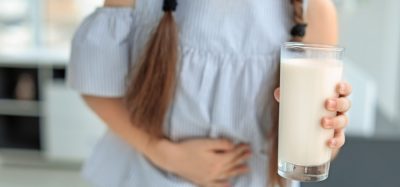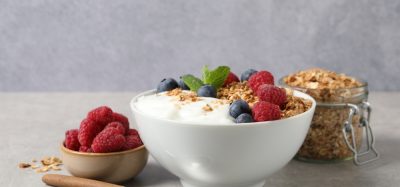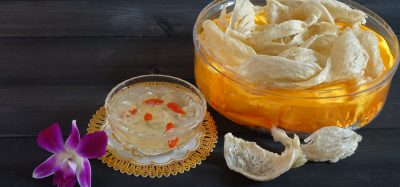Prebiotics can improve sleep by influencing gut bacteria, study finds
- Like
- Digg
- Del
- Tumblr
- VKontakte
- Buffer
- Love This
- Odnoklassniki
- Meneame
- Blogger
- Amazon
- Yahoo Mail
- Gmail
- AOL
- Newsvine
- HackerNews
- Evernote
- MySpace
- Mail.ru
- Viadeo
- Line
- Comments
- Yummly
- SMS
- Viber
- Telegram
- Subscribe
- Skype
- Facebook Messenger
- Kakao
- LiveJournal
- Yammer
- Edgar
- Fintel
- Mix
- Instapaper
- Copy Link
Posted: 4 March 2020 | Sam Mehmet (New Food) | No comments yet
The research, carried out by University of Colorado Boulder, could lead to new approaches to treating sleep problems and insomnia, which affect approximately 70 million Americans.


Specific fibres known as prebiotics can improve sleep and boost stress resilience by influencing gut bacteria and the potent biologically active molecules, or metabolites, they produce, according to new University of Colorado Boulder research.
“The biggest takeaway here is that this type of fibre is not just there to bulk up the stool and pass through the digestive system,” said Robert Thompson, a postdoctoral researcher in the Department of Integrative Physiology and lead author of the study. “It is feeding the bugs that live in our gut and creating a symbiotic relationship with us that has powerful effects on our brain and behaviour.”
For the study, the researchers started adolescent male rats on either standard chow or chow infused with prebiotics and tracked an array of physiological measures before and after the rats were stressed.
As reported in the researchers’ previous study, those on the prebiotic diet spent more time in restorative non-rapid-eye-movement (NREM) sleep. After stress, they also spent more time in rapid-eye-movement (REM) sleep, which is believed to be critical for recovery from stress.
While rats eating standard chow saw an unhealthy flattening of the body’s natural temperature fluctuations and a drop in healthy diversity of their gut microbiome after stress, those fed prebiotics were buffered from these effects.
“We know that this combination of dietary fibres helps promote stress robustness and good sleep and protects the gut microbiome from disruption. With this new study, we wanted to try to identify the signal,” said senior author and Integrative Physiology Professor, Monika Fleshner, Director of the Stress Physiology Laboratory.
Using mass spectrometry to analyse the rats’ faecal samples, the researchers measured metabolites, or bioactive small molecules produced by bacteria as food is broken down.
They found rats on the prebiotic diet had a substantially different “metabolome”, or make-up of metabolites. Theirs was higher in dozens of them, including fatty acids, sugars and steroids which may, via gut-brain signalling pathways, influence behaviour. The rats’ metabolome also looked different after stress.
For instance, the rats on the standard chow diet saw dramatic spikes in allopregnanolone precursor and Ketone Steroid, potentially sleep-disrupting metabolites, while those on the prebiotic diet saw no such spike.
“Our results reveal novel signals that come from gut microbes that may modulate stress physiology and sleep,” said Fleshner.
Prebiotic supplements already abound on natural food shelves. But Fleshner said it is too soon to say whether a supplement or drug containing such compounds would be safe and effective for everyone.







